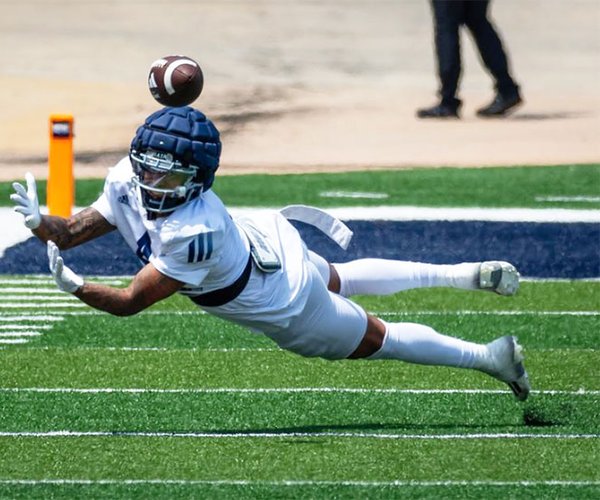Rose Bowl: Oregon vs. Florida State LOS ANGELES — A few weeks back, the four head coaches who have guided their teams to the College Football Playoff posed for pictures with the championship trophy. Alabama's Nick Saban.
Brave new world
At long last, FBS playoff kicks off today





